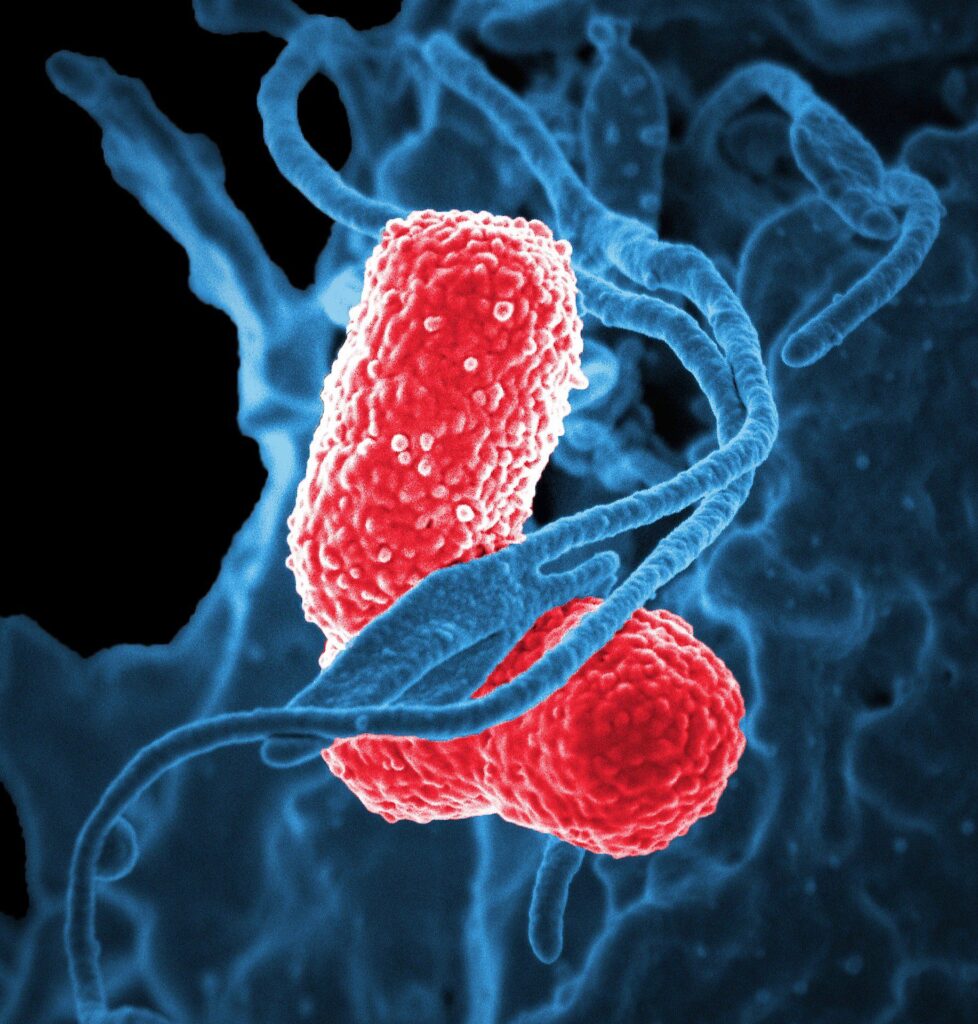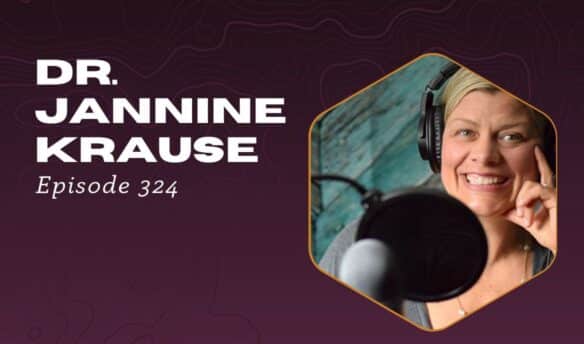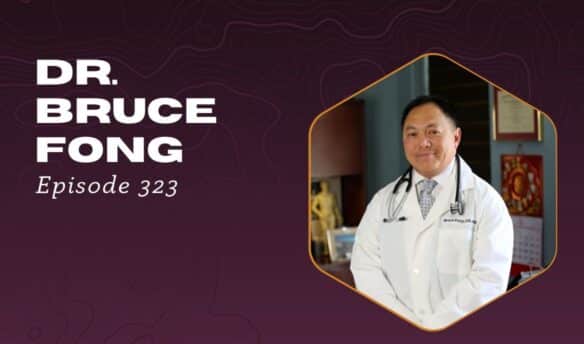Fasting can be a great way to improve your immune system, and help your ability to deal with stress. In a lot of ways it’s like hitting a reset switch on your body!
You might be thinking, “Oh my gosh I don’t even know how I could fast. That’s crazy, I love food too much!”
Trust me. I love food too but when I started fasting I noticed some really amazing changes in my body and my digestion. So let’s take a good look at the benefits of fasting!
Fasting Helps Us Cope With Stress
Our digestive system is designed to go without food. And in fact a little bit of stress like fasting is actually a good thing for our sympathetic nervous system. It actually helps us deal with stress better.
It’s kind of cool how you can give your sympathetic nervous system and your digestive system a little bit of a rest by fasting. Also by not overdoing it in terms of too much food throughout the day and even into the night, gives your body a chance to rest.
Good Gut Health
Fasting is like a vacation for the gut bugs.
It has long been known that fasting promotes energy burn from our reserves, and helps with some fat burn. What we are just starting to realize is that fasting allows our gut bacteria to spend time developing their little bacterial neighborhoods. Without the business of digestion to care of, they are allowed the opportunity to duplicate and create a nice healthy balance of bacteria in the gut.
One of the most important bacteria we have in our guts are the lactobacillus family. When I take a look at those little lactobacillus guys in my patient’s stool, they are oftentimes completely wiped out. So often these patients are dealing with a great deal of gut irritation. It’s often because they overload their guts with food or foods that irritate their gut.
The bacteria in our gut are sensitive and can get worn out easily. If you keep giving them food without rest, they are so busy digesting it doesn’t give them time to store nutrients and really keep up healthy bacterial neighborhoods.
Rebuilding the Gut Lining
Another big thing to consider is that our digestive system lining turns over every three to four days. This is a continual process that doesn’t happen all at once. By not overloading the gut for around three days, we can allow a fresh crop of cells to come in, nice and healthy.
Eating Disorders
For folks who have eating disorders, fasting is not a good idea. I encourage you to consult with a doctor in your area or contact me directly. It’s important to ensure you are getting the proper nutrition, and then we can address your overall health picture in terms of whether fasting will be beneficial or detrimental.
Intermittent Fasting
If you’ve been perusing the latest and greatest trends over the last few years, you’ll have noticed a lot of talk about intermittent fasting. I’ll be honest, it gets some pretty darn good results.
Intermittent fasting can affect our immune system, our gut bug balance and the way our nervous system responds. There is a lot to be said for not overloading our system with food all the time.
Recycling White Blood Cells
We have research that shows that by fasting you can lower your white blood cell counts. Your white blood cells are like the primo fighters for the immune system.
A lot of us are chronically exposed to bugs and we sometimes produce more white blood cells than we need. By fasting, we allow our body to remove those old white blood cells and recycle them.
Over the last few years I’ve noticed a lot people coming into my practice with chronically swollen lymph nodes in their neck or their armpits. We run their labs and see that their white blood cells are a little up.
It’s not crazy to think that they’re having cancer going on and so we do a little evaluation, but find nothing wrong. I suggest some fasting, and what do you know! The swelling goes down.
Click to learn more about having a high white blood cell count.
Dr. Krause’s Protocols
Instructions Included
Traveling soon? Looking to detox or reset your gut? Try one of Dr. Krause’s Fullscript plans.
Increases Insulin Sensitivity
Fasting has the ability to increase our sensitivity to insulin. insulin is what grabs the glucose in the blood stream, and delivers it to your cells for energy.
A lot of us walk around fatigued and not quite sure why. Oftentimes it may be that our body’s cells have decided they are tired of responding to insulin. The cells lack the energy they need, and our blood sugar levels go higher.
Fasting actually helps our cells be more sensitive to insulin. Those cells now bring in the glucose they need for energy, and your blood sugar levels go down.
Your mitochondria then become fat burners. They work really hard to help you to utilize fat for energy. And that’s pretty cool because if we go more than 14 to 16 hours without eating we trigger fat burn which is awesome. Who doesn’t want that!?
Fasting Increases Leptin
Fasting can increase something called leptin. Leptin is a hormone that tells us we’re full and for a lot of people we are so overfed that we don’t even know what being full feels like!
Fasting helps maintain your leptin levels so that your brain truly knows when you are full. To have that signal back to the brain is a huge help in losing weight and keeping it off.
Our Partners
Resting the Mitochondria
The more those mitochondria work to make energy, the more they need to poop!
This cellular poop is a problem because it causes inflammation. What your mitochondria need are a little break to allow antioxidants to get in their and clean things up. Not allowing your cells to clean house results in a toxic situation.
You’re going to have toxic mussels, toxic skin, wrinkles, cellulite and all kinds of other cellular issues. You’re going to be fatigued, and tend toward arthritis, heart disease and things of that nature.
Keeping mitochondria healthy is one of the best ways to create your own personal fountain of youth, so to speak.
In Conclusion
I hope you’ve had a chance to learn and explore the different facets of how fasting can benefit your health! Go ahead and look around my website to learn more information and feel free to contact me and join my mailing list!
This blog was a summary of my podcast on fasting. Click here to listen to my podcast.














